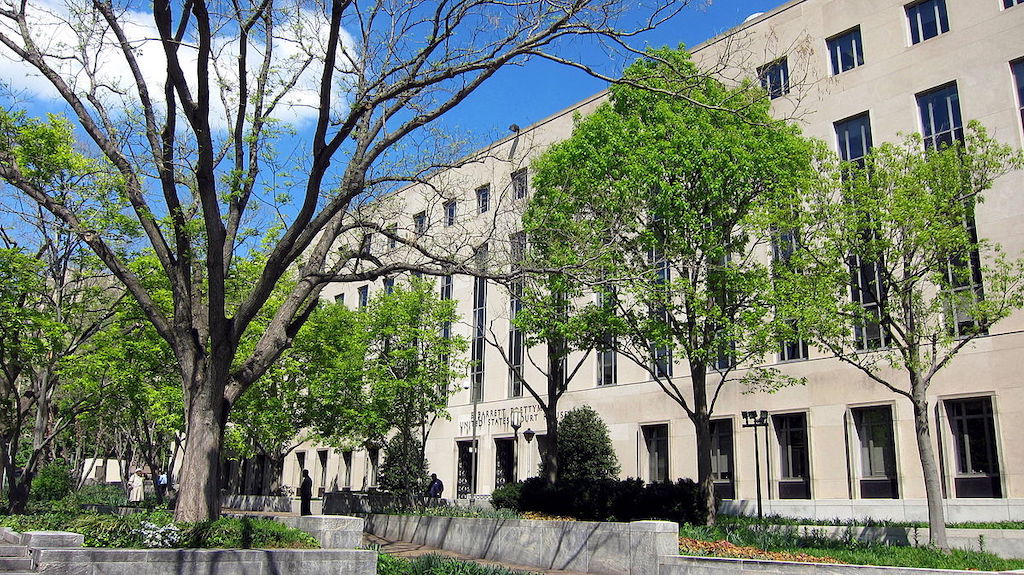Michigan Supreme Court Declines to Hear Trump Disqualification Appeal
Published by The Lawfare Institute
in Cooperation With

On Dec. 27, the Michigan Supreme Court denied Michigan attempts to appeal the Michigan Court of Appeals' decision in LaBrant et al v. Benson that keeps former President Donald Trump on the state's primary ballot. In response to the appellants' application for leave to appeal the Dec. 14 judgment, the majority wrote that they "are not persuaded" that the questions presented in the case should be reviewed by the court.
In a lone dissent, Judge Elizabeth Welch—who had also dissented with the state supreme court's earlier decision not to grant the emergency bypass application filed by the plaintiffs—wrote that she believes it is important for the Michigan Supreme Court to issue a decision on the merits "considering the importance of the legal questions at issue and the speed with which the appellants and the judiciary have moved."
Judge Welch agreed with a lower court's finding in Davis v. Wayne Co Election Comm, another Section 3 Trump challenge in the state, that the Michigan secretary of state must place Trump on the primary ballot “regardless of whether he would be disqualified from holding office" under Section 3, because state law requires that anyone "who has been identified by the relevant political party" be placed "on the presidential primary ballot, and confers no discretion to the Secretary of State to do otherwise." The appellants argued that the political parties who are identifying Trump are limited purpose state actors subject to the 14th Amendment and thus have a duty to consider whether Trump is eligible under the 14th Amendment. But even if that's the case, Welch writes, the secretary of state has a limited role under Michigan state law to list anyone who is considered a candidate by his party and by "the national news media to be potential presidential candidates for each party’s nomination" on the primary ballot.
The appellants had also argued that the Colorado Supreme Court's decision to disqualify Trump should inform the Michigan Supreme Court's decision. Judge Welch responded that the decision in Colorado was based on a state provision that someone seeking the office of president of the United States has to attest to their legal qualification to hold the office, and that the appellants haven't identified an analogous provision in Michigan's election laws.
You can read the Michigan Supreme Court's decision here or below. Find it also on Lawfare's Trump Disqualification Tracker.




